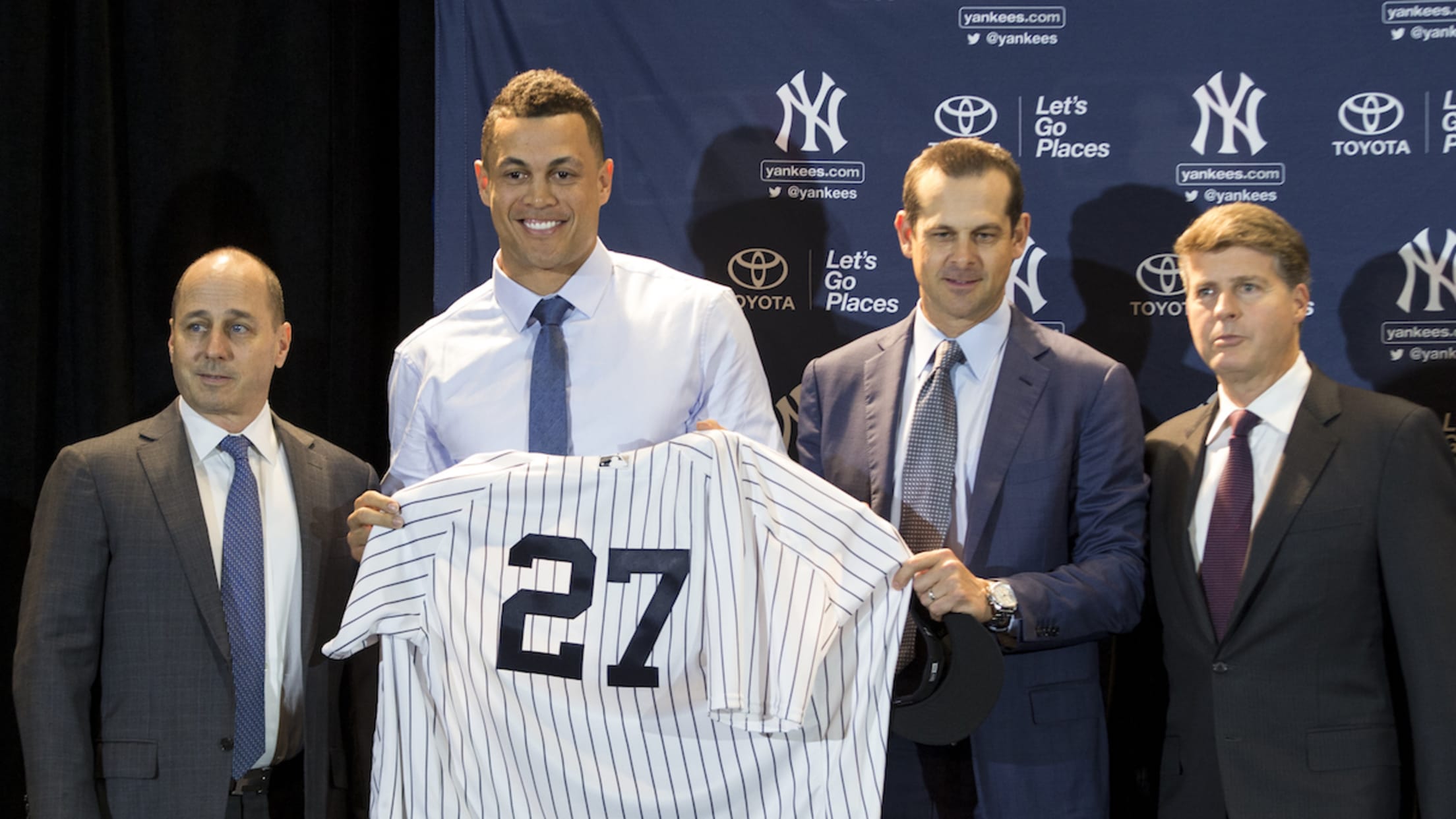The most unlikely World Series runs in MLB history and the teams that could match them in 2018

Each spring, we think we have a solid idea of the Major League landscape -- which teams are contending and which are rebuilding. And then the season rolls around, and we're reminded of just how little we know: The light-hitting Royals win the 2015 World Series; the Twins go from 102 losses to the 2017 AL Wild Card Game.
As long as baseball remains wonderfully weird, there will always be teams that buck their preseason predictions. So, while everyone's 0-0 and hope springs eternal, let's look at the most improbable Cinderella stories in baseball history -- and a few teams that could write their own in 2018.
The 1969 Mets
The Amazins were entering their eighth year of existence, and the previous seven had not been kind: New York had lost fewer than 100 games just twice, held the record for most losses in a season and had never finished better than ninth in the National League. There wasn't much reason to think that would change in 1969. There were no notable offseason additions, and the team stumbled to an 18-23 record out of the gate.
And then, out of nowhere, New York caught fire, going 82-39 the rest of the way and lapping the Cubs in the NL East -- with some help from a well-placed black cat. From there, they swept the Braves in the first-ever NLCS and topped the O's in the World Series.
What made those Miracle Mets so good? Credit the kids: A pitching staff featuring Tom Seaver, Jerry Koosman, Gary Gentry and Nolan Ryan -- all age 26 or younger -- posted the third-lowest ERA in baseball, carrying a largely punchless offense.
The 2018 Version: Phillies
Like those 1960s Mets, the Phillies struggled last year, finishing last in the NL East at 66-96. Also like those Mets, inexperience had a lot to do with it: Philadelphia was the youngest team in the Majors, with not a single everyday player in his 30s.
Sources: #Phillies have entertained possibility of signing *two* of the remaining free agent starters. While not likely to occur, the situation is financially plausible. At present, Philly has lowest payroll commitment of any @MLB team for 2018. @MLBNetwork
— Jon Morosi (@jonmorosi) March 1, 2018
(If that's not enough, just imagine
The 1987 Twins
Only two Twins starters -- AL Cy Young candidate Frank Viola and Bert Blyleven -- boasted an ERA of 4 or lower. The team's closer, Jeff Reardon, gave up 14 homers in 80 innings and blew 10 saves. In short, pitching was not their calling card. So how did they shock the baseball world and win the '87 World Series? Dingers. Lots and lots of dingers.
Seven different Minnesota regulars finished with double-digit homers -- a rarity in the pitching-friendly '80s -- and the Twins finished with the fifth-highest slugging percentage in baseball. Then, when they found themselves facing elimination in Game 6 against the Cardinals, they rallied with a pair of home runs. First from Don Baylor ...
... and then from Kent Hrbek:
The 2018 Version: Athletics
The A's quietly had one of the most fearsome lineups in baseball in 2017, smacking 234 dingers -- fourth-most in the Majors, just seven back of the league-leading Yankees. The homers came from all directions: Khris "Khrush" Davis led the pack with 43,
Of course, there's a reason Oakland finished 75-87 -- the pitching wasn't quite there. But what it lacks in track record, the rotation makes up for in upside: Every member of the Athletics' projected 2018 rotation is 27 or younger, and if
The 2002 Angels
The Halos had experienced the postseason just three times in 41 years of existence, and none since 1986. Things had become so dire that even Hollywood was sending in divine intervention. The Angels wouldn't get a boost from any actual angels in 2002, but they did get something far better:

In a lot of ways, the '02 Angels were the precursor to those magical Royals teams of 2014 and 2015: Despite a homer-happy offensive environment, Mike Scioscia's club emphasized small-ball -- they struck out just 805 times that year, more than 100 times fewer than the next-closest club.
Garret Anderson, Troy Glaus and Darin Erstad led a balanced, seasoned lineup, Troy Percival anchored one of the best bullpens in baseball and Los Angeles finished 99-63 to nab the AL Wild Card spot. After dispatching the Yankees and Twins to reach the World Series, the team found itself trailing the Giants, 5-0, at home in Game 6. They needed a hero. They needed a Rally Monkey:
Scott Spiezio's three-run homer capped a six-run rally, and the Angels won Game 7 the following night.
The 2018 Version: Giants
Looking for another veteran, contact-oriented team with a deep lineup and good pitching in a cavernous ballpark? The bottom fell out for San Francisco last year, but its 64-98 record was as much the result of injuries and tough luck as it was a reflection of its talent.
The trio of
The Giants may not be flashy, but they should be competent all around, and their veterans aren't as old as you may think -- it's not crazy to think that they have some quality seasons left.








